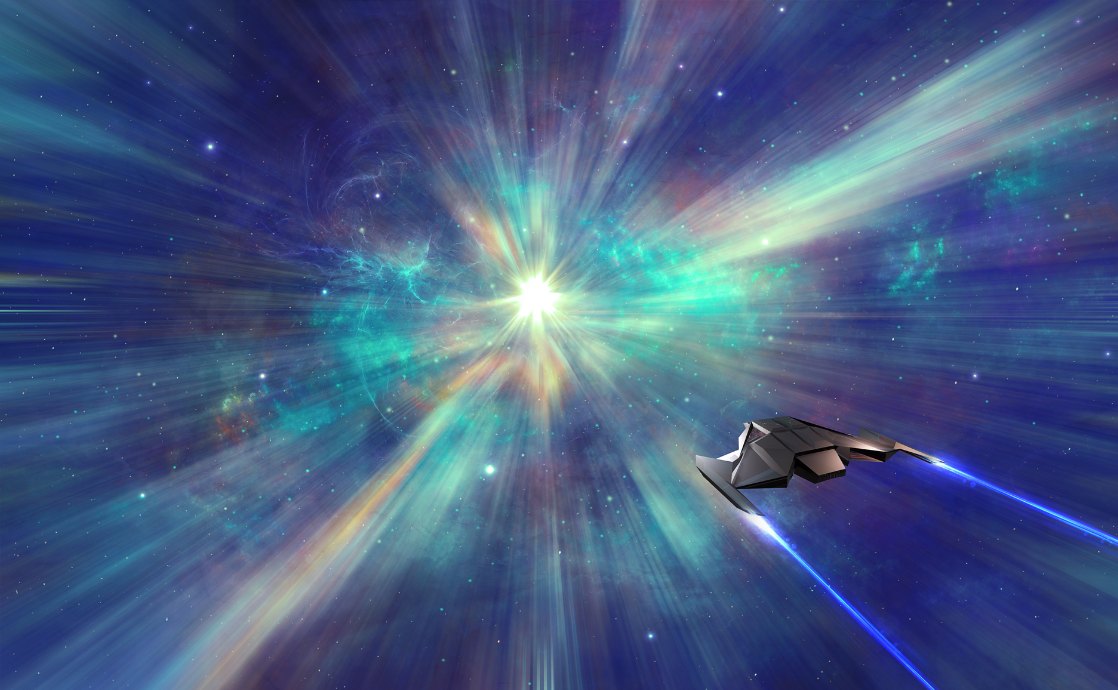The Bahá’í Faith, a religion founded in the 19th century, emphasizes the oneness of humanity and the importance of collective transformation. When examining the intriguing cross-section of Bahá’í teachings and the science fiction phenomenon of Star Trek, we encounter a compelling exploration of spirituality and community evolution. This article delves into how these two seemingly disparate realms coalesce to illuminate pathways for personal and societal advancement.
At its core, Bahá’í teachings advocate for the inherent oneness of humanity. This principle resonates profoundly within the frameworks established by the Star Trek narrative. The series not only entertains, but it also posits philosophical inquiries that challenge societal norms and promote inclusivity. By exploring advanced civilizations in a futuristic context, Star Trek reflects the aspirational nature of Bahá’í doctrine, which seeks to eradicate prejudice and foster unity among diverse groups.
One major tenet of Bahá’í belief is that humanity is on a progressive, collective journey toward maturation—akin to the interstellar exploration depicted in Star Trek. This concept of ‘collective transformation’ can be interpreted as an evolutionary leap towards higher consciousness. Within the Bahá’í framework, individuals are encouraged to contribute to this metamorphosis through personal spiritual development, fostering a vibrant community capable of tackling global challenges.
Furthermore, the Bahá’í faith underscores the necessity of consultation. This process involves collective discourse aimed at reaching consensus on important matters, thereby nurturing a spirit of cooperation and collaboration. Similar to the crew on the U.S.S. Enterprise, who frequently consult one another to solve dilemmas while upholding the dignity and opinions of each, the Bahá’í methodology prioritizes collective input as essential to spiritual growth.
The idea of spirituality within the Bahá’í context transcends traditional religious practices. It is deeply intertwined with modernity’s demands. Bahá’ís are urged to integrate their spiritual beliefs into all facets of life—be it through social action, education, or environmental stewardship. This holistic approach embodies a kind of spirituality that mirrors the pursuits of Starfleet: a quest for knowledge, understanding, and the betterment of humanity. The entire narrative encourages one to reflect on their responsibility not only to themselves but also to the broader world.
This collective endeavor of spirituality and transformation can manifest in various forms within local communities. For instance, initiatives that promote racial harmony and gender equality echo the diverse crew dynamics celebrated in Star Trek. Each member of Starfleet boasts unique cultural heritages and skills, collaborating harmoniously toward shared goals. Bahá’ís are equally called to embrace diversity, engendering cooperation across ethnographic and societal boundaries.
Storytelling plays a pivotal role in both the Bahá’í Faith and the Star Trek universe. Parables and narratives serve as conduits for imparting ethical principles. In this light, the relatable characters and powerful themes depicted in Star Trek serve not merely as entertainment but as allegories for the struggles and victories inherent in human progression. Through engaging with these narratives, Bahá’ís can draw parallels that enhance their understanding of ethical responsibility.
Moreover, the exploration of advanced technology within the Star Trek series raises important questions regarding the implications of scientific advancement on societal values. Bahá’í teachings advocate for the alignment of technological progress with ethical imperatives. This reinforces the need for a moral compass in navigating the complexities of modernity—a theme that resonates powerfully through the show’s explorations of first contact with alien species, treatment of sentient beings, and the maintenance of ethical standards in scientific endeavors.
An integral aspect of this discussion revolves around the implications of interdependence and collective action. Both Bahá’í teachings and Star Trek emphasize the belief that humanity must recognize its interconnectedness. In an increasingly globalized world, the challenges we face—from climate change to social injustice—require a unified approach. The Star Trek model demonstrates that diverse individuals, united in their objectives, can achieve extraordinary feats, embodying the Bahá’í ideal that collaborative efforts lead to transformative change.
As we delve deeper into the relationship between these two frameworks, we recognize the role of education. The Bahá’í Faith places significant importance on education as a mechanism for empowerment. Learning, both spiritual and secular, fosters critical thought, necessary for grappling with ethical dilemmas and understanding collective responsibility. Star Trek’s commitment to knowledge—be it in science or moral philosophy—serves as an illustration of how education can catalyze societal transformation.
In summation, intertwining Bahá’í teachings with the philosophical undercurrents of Star Trek opens a compelling dialogue about spirituality and collective transformation. By recognizing the shared vision for humanity—one that celebrates diversity, advocates for ethical advancement, and promotes collective engagement—we embark on a journey toward not only individual spiritual growth but also a more unified global community. Embracing this path requires diligence, empathy, and a shared commitment to uplift one another. The lessons gleaned from both the Bahá’í Faith and the Star Trek narrative provide us with the tools necessary to forge a better future.
